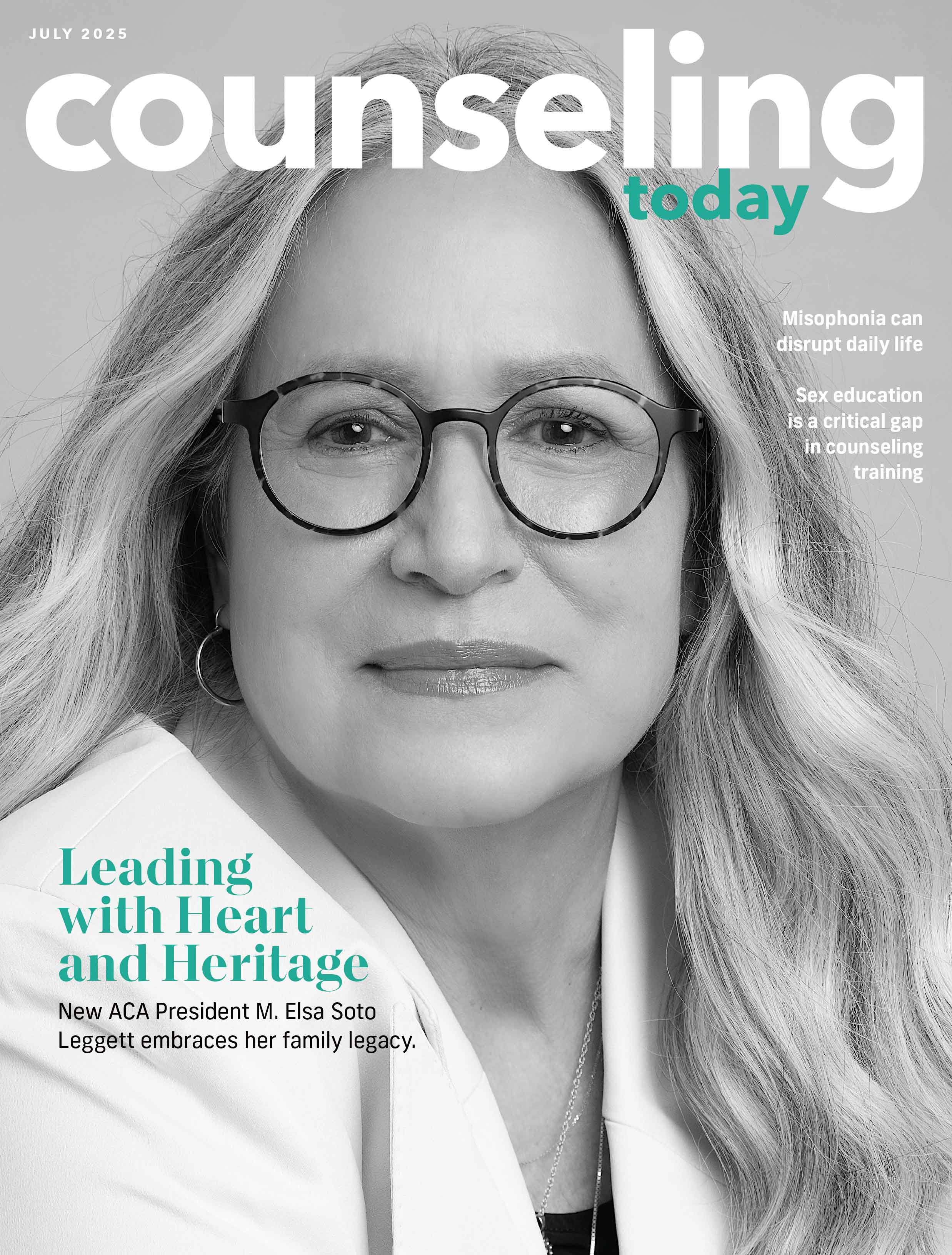ACA Participates in Congressional Hearing on the Mental Health of Black Men and Boys
By Lindsey Phillips, PhD
May 2024
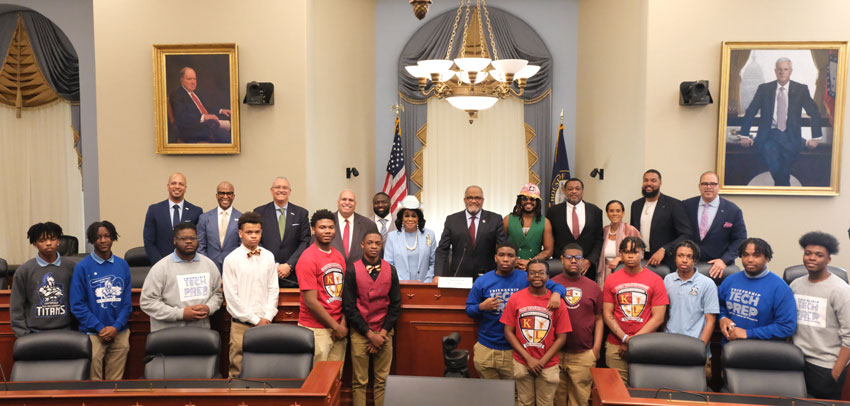
Suicide is rising at an alarming rate for Black men and boys. Recent data from the Centers for Disease Control and Prevention shows that suicide rates among Black people aged 10-24 years increased 37% from 2018 to 2021. And between 2007 and 2020, the suicide rate among Black youth ages 10-17 increased by 144%. This grim picture serves as a wake-up call for improving mental health outcomes for Black men and boys.
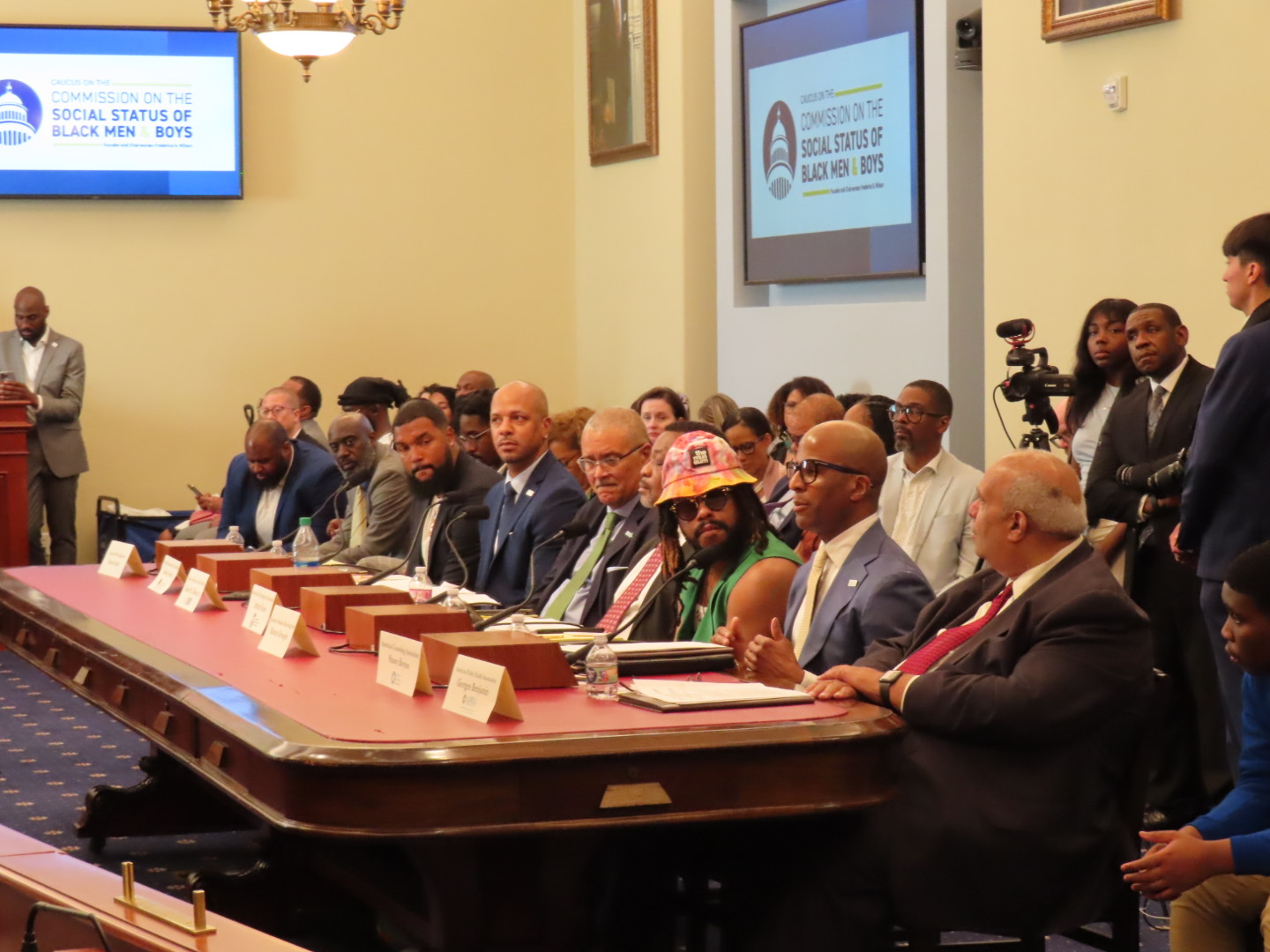
ACA CEO Shawn Boynes, FASAE, CAE, represented the counseling profession — along with the leaders of the American Psychological Association, National Association of Social Workers, National Alliance on Mental Illness and American Public Health Association — by testifying at a congressional hearing on the mental health of Black men and boys on May 1. (Read the full testimony here.)
The hearing also featured testimonies from former NFL linebacker Marcus Smith, who shared his struggles with mental health, and Grammy-nominated recording artist Raheem Devaughn, who talked about his experience caring for a family member with a mental illness. The hearing was organized by the Commission on the Social Status of Black Men and Boys, with Reps. Frederica Wilson and Troy Carter co-hosting the event.
These prominent leaders discussed the impact of social media on youth, mental health stigma, the lack of representation in the mental health field, barriers to entering the field and the need for community involvement.
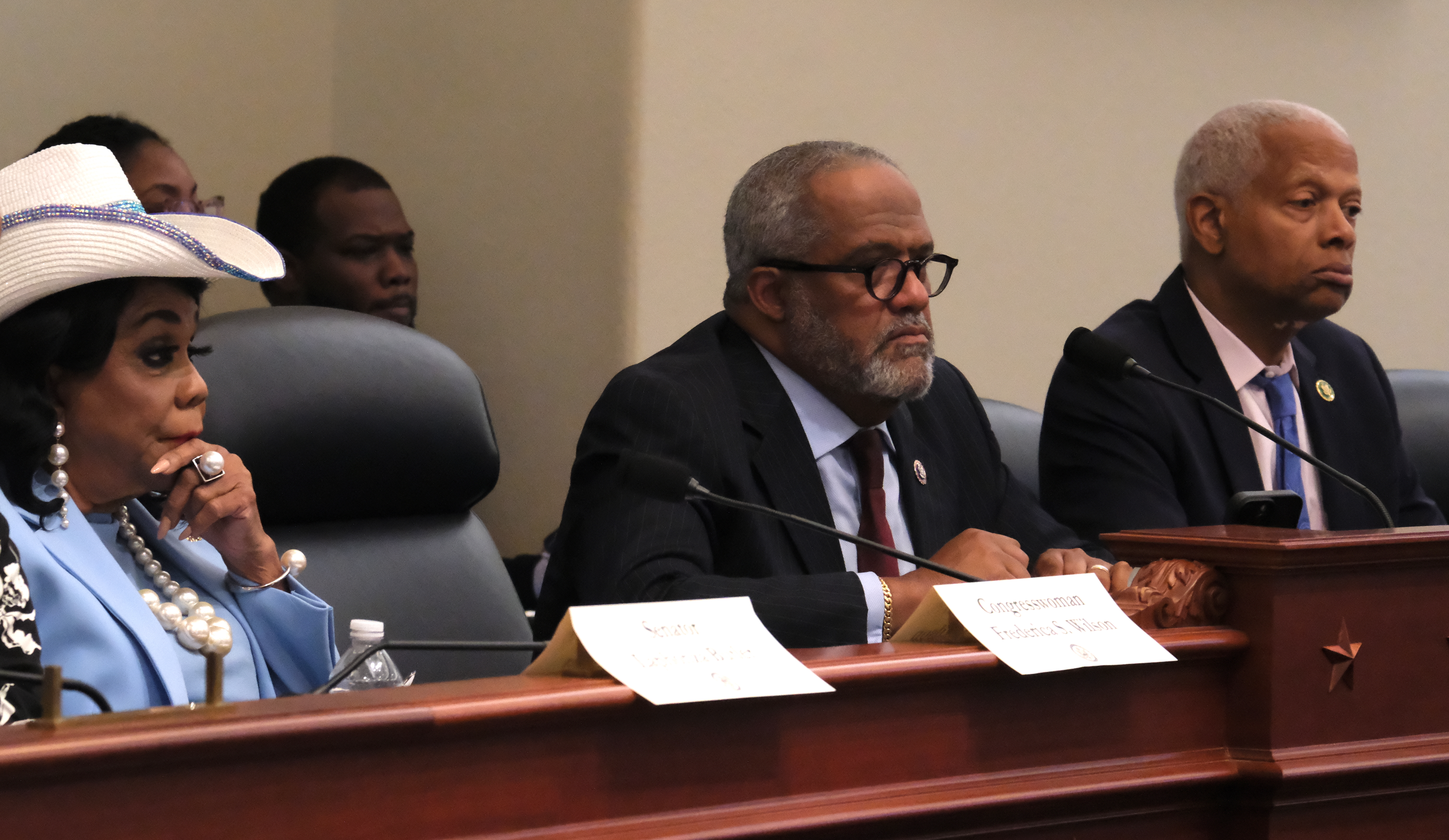
The Impact of Social Media
Navigating peer pressure stemming from social media is challenging for youth and often has a negative impact on their mental health.
During the COVID-19 pandemic, social media was the only community many Black boys had, noted Daniel Gillison Jr., CEO of NAMI. The issues of social media combined with the fear and uncertainty of the pandemic resulted in “a tsunami of trauma” for young people, he told congressional leaders.
Both Gillison and Devaughn stressed the need to reframe how youth engage with social media and find ways to use it as an asset or tool to promote mental wellness. Gillison told attendees that NAMI is using different platforms to reach people and use technology in a positive way. For example, if someone says “I’m depressed” to Siri on an Apple devices, then Siri responds by saying they can call a friend or family member or find help online at NAMI.org.
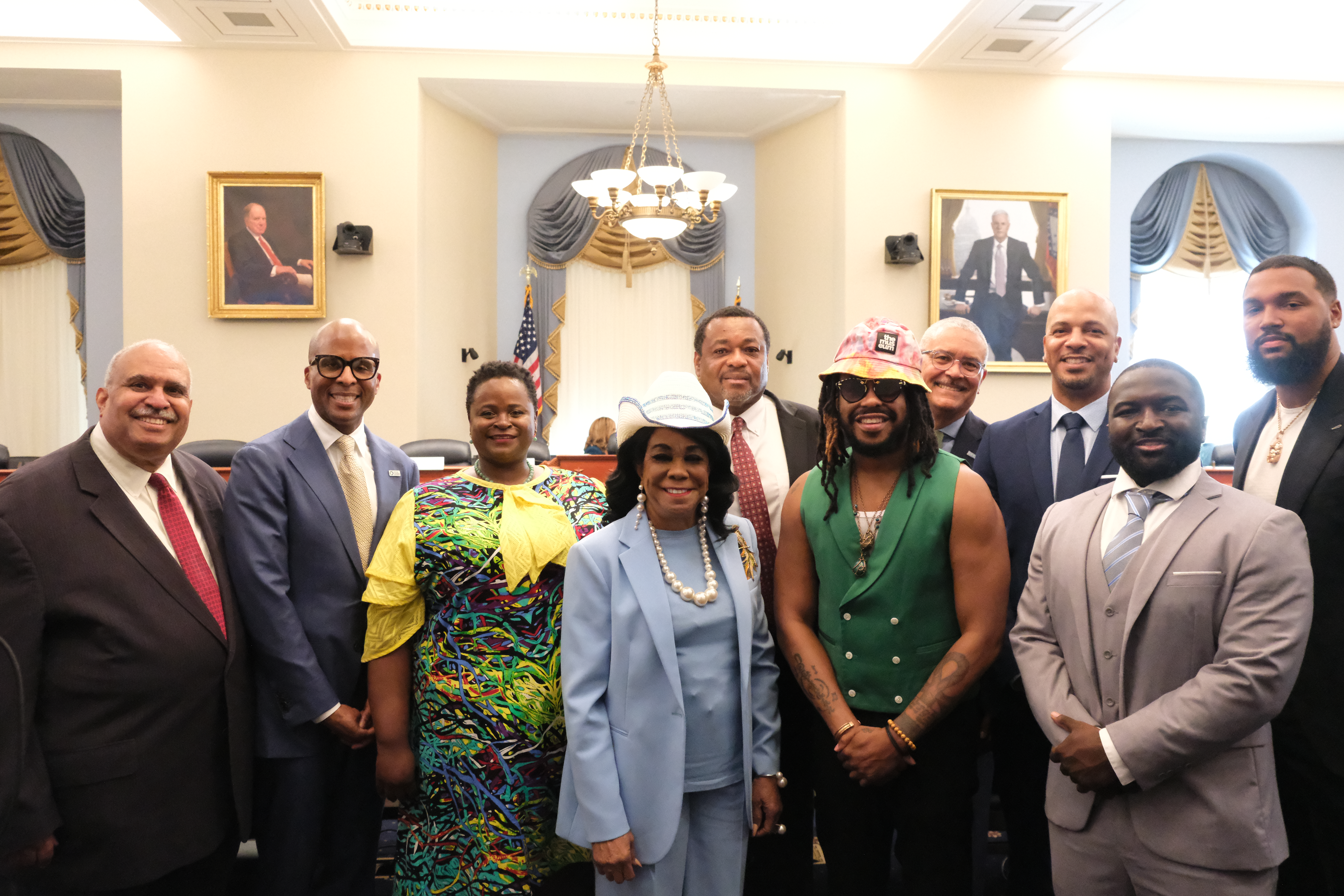
Reframing the Narrative
The stigma around mental health often prevents Black people from seeking mental health services. Boynes told congressional leaders that we must address this stigma and reframe the narrative to focus more on Black men’s strengths.
“We need to help young men understand it’s OK to raise your hand and ask for help,” he said.
To emphasize his point, Boynes referenced the special issue of the Journal of Multicultural Counseling and Development that focused on the Black male experience. In that issue, Carla Adkison-Johnson, PhD, LPCC, LPC, says that how we think about Black men is how we respond to them, and we often think of them in terms deficits instead of achievements. Boynes underscored this statement and stressed the importance of shifting the narrative to view Black men’s strengths.
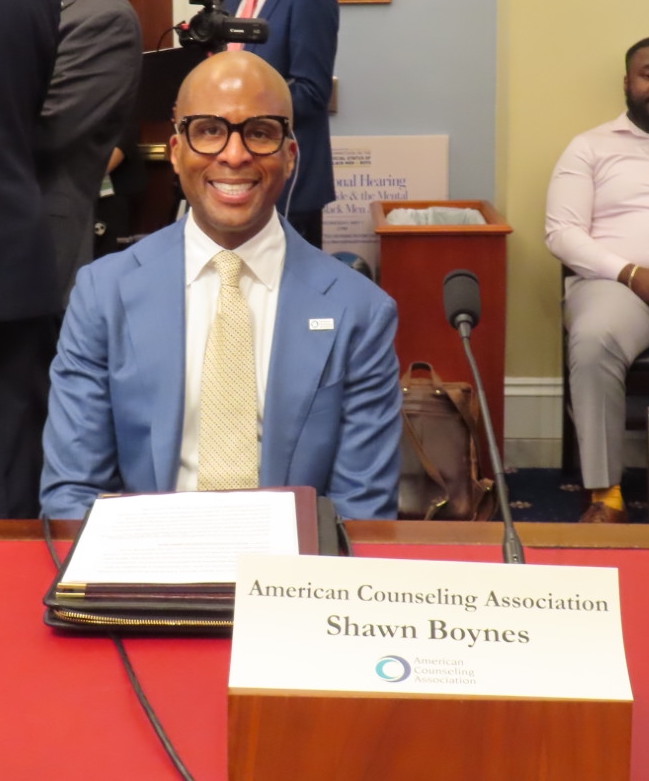
Arthur Evans, PhD, CEO of APA, agreed and provided an example of how we can reframe the way we approach Black men’s mental health. When he was a mental health commissioner in Philadelphia, he helped launch a series of storytelling events for Black men that featured celebrities who shared their own mental health experiences. And the focus was on mental strengths, not mental illnesses. Evans said this approach proved to be successful with hundreds of people attending the events.
“When you create opportunities for people to talk about mental health issues in a normalized way, in a non-stigmatized way, people want to have the conversation,” he added.
The Need for Better Representation and Compensation
Boynes stressed the need for better representation in the mental health field. He told congressional leaders that African Americans currently make up only 15% of mental health counselors, so there is more work to be done to encourage Black men to enter the profession.
Improving compensation is one way to attract and retain people in the mental health profession. Anthony Estreet, PhD, LCSW-C, CEO of NASW, stressed the need to improve reimbursement rates and ensure mental health professionals get 100% of the physician fee schedule. Members of Congress recently introduced legislation to address this issue with the Improving Access to Mental Health Act, a bill that would increase the Medicare reimbursement rate for clinical social workers.
Boynes and Estreet both noted that legislation for loan forgiveness would help create parity for mental health professionals. “People are entering the profession with so much debt that their salaries aren’t keeping up with that so they’re struggling to earn a living,” Boynes said.
The lack of knowledge about pathways to behavioral health careers serves as another barrier preventing Black youth from entering the profession, Estreet added. He admitted that he didn’t know social work was a career option until he was already an undergraduate student.
Sen. Laphonza Butler asked Boynes if the current scopes of practice are meeting the needs of Black youth at the pace we need, noting that it can often take up to nine years to obtain the degrees and certifications needed to become a mental health professional.
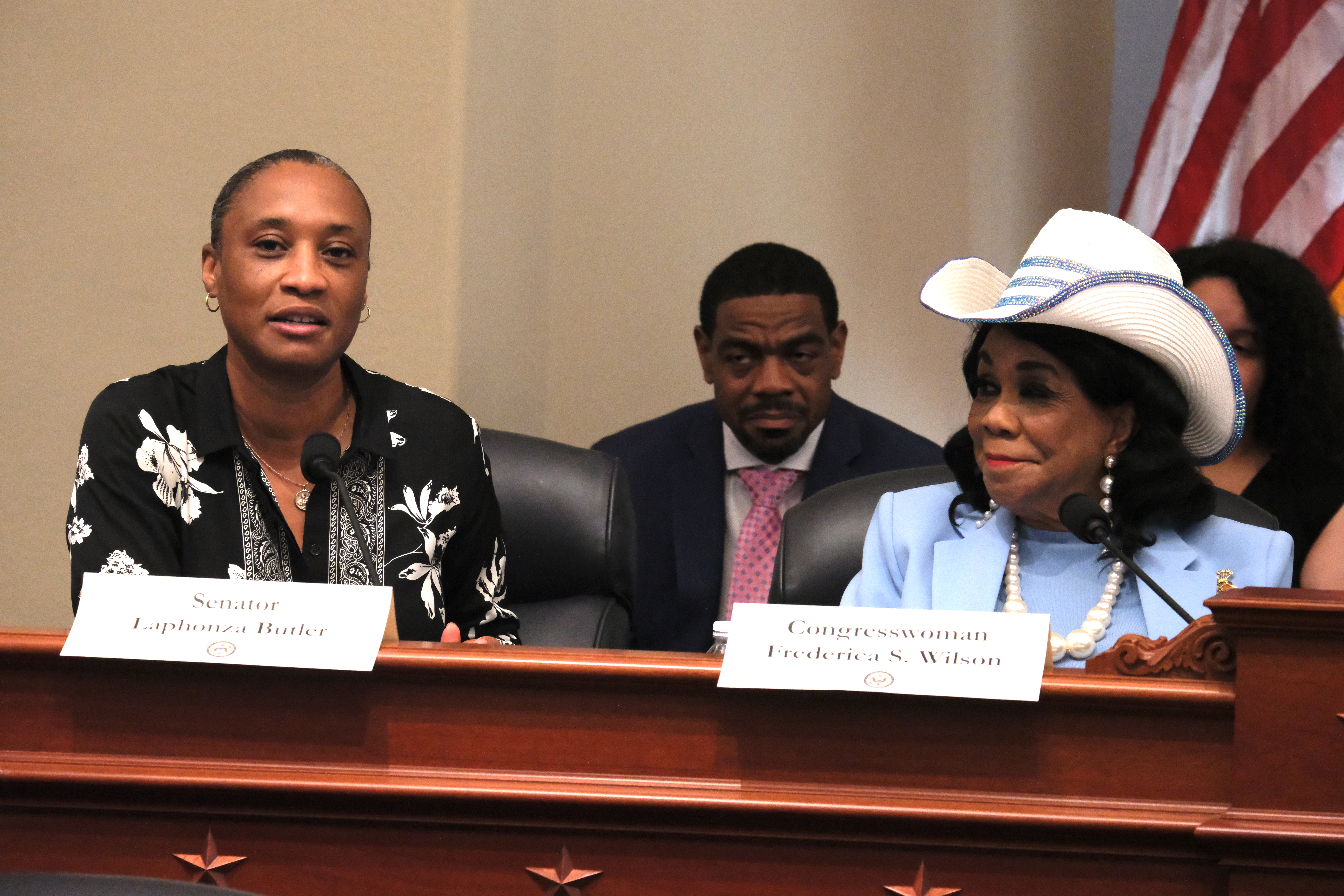
The time required for licensure or certification is often a barrier, Boynes responded, citing how ACA’s Counseling Workforce Survey underscored this point. “We have to be creative and innovative,” he said. “The CEOs of these organizations need to work together with our professional memberships and come up with solutions that may be a little unorthodox.”
He then called on Congress to support mental health training programs that teach people at the community level to serve as the first point of contact for Black youth. And he stressed the need to rethink the way we are providing services, especially for people who may not be able to or comfortable with coming into an office.
“We need to push forward and do things differently if we expect to see different results,” he added.
Creating Safe Spaces
By the end of the discussion, it was clear that connecting communities to the resources they need and creating safe spaces where people feel supported and heard are two important steps forward.
“At the end of the day, people need to feel like there are people who care about them, that life is worth living and that people are going to support them,” Evans told the attendees. “And we have to make sure that gets embedded in the way we treat people. Without that, it is hard to recover.”
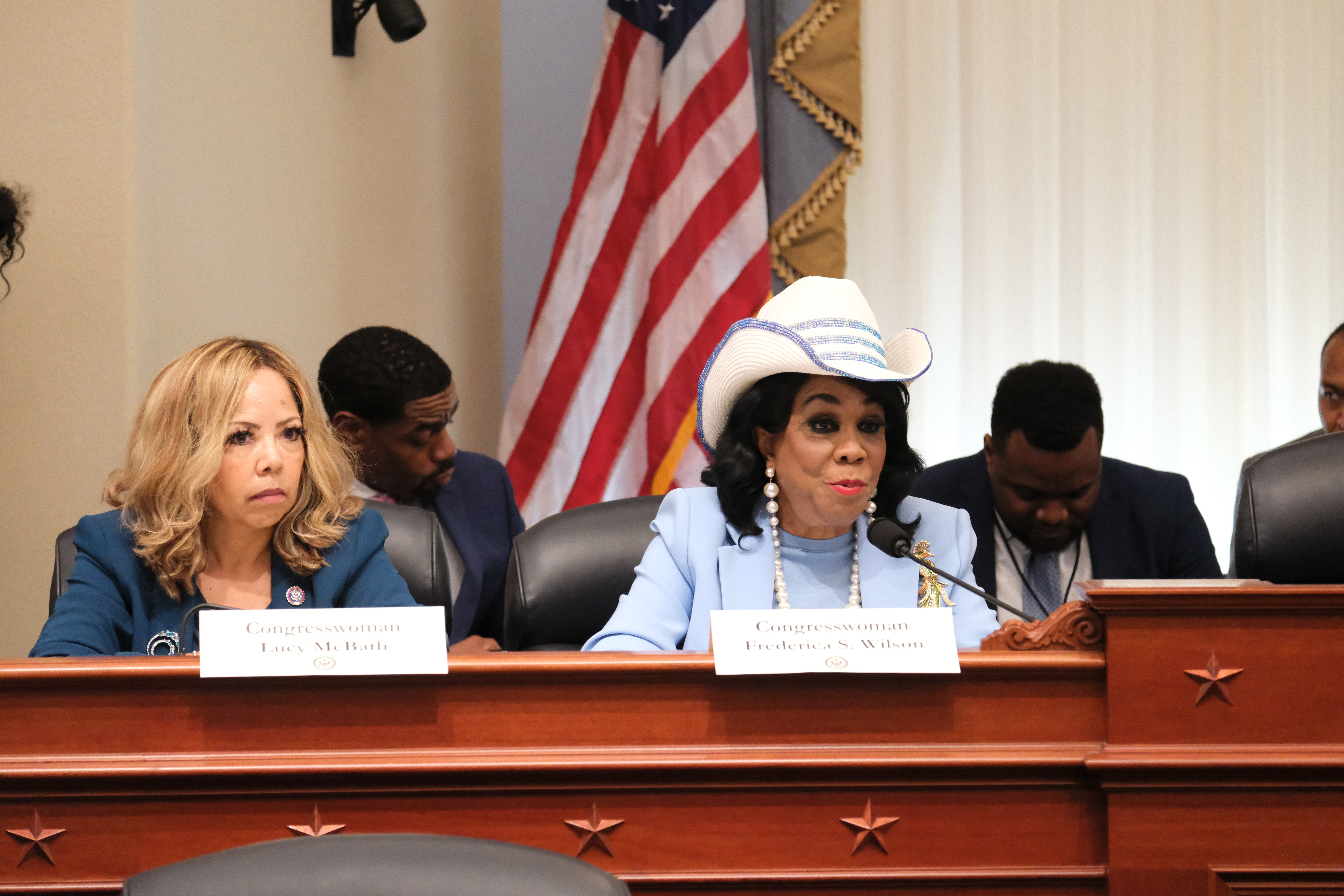
Smith acknowledged that youth often look up to celebrities and athletes, which is why it’s important they be a voice for mental health and wellness. Through the NAMI Ambassadors initiative, he has created healing circles that provide youth with a safe space to discuss their mental health. In these groups, Smith shares his own experiences and struggles with mental health. Being vulnerable and open in this way, he told the audience, can inspire others to speak up about their lived experiences.
“I don’t think anyone can step into this profession without having a love for people and having compassion and being able to see people as human beings,” Boynes added. Changing the narrative on how we view Black men “starts with love,” he said. “It starts with seeing people who may need help and being willing to step in and build the gap that may not exist in their local communities.”
Watch this video to learn more.
Search CT Articles
Current Issue
Sign Up for Updates
Keep up to date on the latest in counseling practice. Sign up to receive email updates from Counseling Today.

